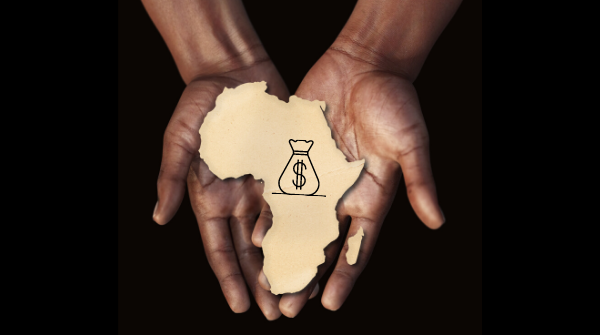Nigeria’s ongoing foreign exchange (forex) crisis is posing a significant threat to the country’s fast-growing data centre industry, with operators struggling to sustain multimillion-dollar investments amid worsening currency instability. Industry stakeholders are raising concerns over the escalating difficulties in securing additional funding for these critical infrastructures, which are crucial for Nigeria’s digital economy aspirations.
Data centres, which require heavy capital investments, rely heavily on foreign currency for equipment and operational needs, as much of the required infrastructure is not produced locally. According to industry experts, around 90% of the investment needed to build a data centre is in foreign currency, making operators highly susceptible to fluctuations in the naira’s value.
The Chief Executive Officer of Digital Realty Nigeria, Engr. Ikechukwu Nnamani, explained that currency devaluation significantly undermines business profitability. He illustrated how a company charging clients based on an exchange rate of N1,500 to the dollar could see its revenue eroded if the naira depreciates to N2,000, reducing the dollar-equivalent revenue and upsetting the business model. “Your business case falls apart, not because of a lack of customers or incorrect projections, but solely due to the valuation of the naira,” he said.
This currency volatility not only discourages foreign investors but also makes it challenging for local operators relying on Nigerian banks, which tend to prefer short-term investments with quick returns. Unlike foreign funding sources that allow for longer repayment periods of five to ten years, Nigerian banks typically demand faster returns on investments, making them less viable partners for data centre projects that require extended timelines to become profitable.
Despite the growing need for data centres to support Nigeria’s expanding digital infrastructure, including government services, fintech startups, and businesses, the forex crisis has amplified operational challenges. From the cost of diesel and equipment maintenance to the prices of spare parts for key systems like generators and air conditioning, the overall operational expenses for data centres have skyrocketed.
MDXi, a subsidiary of Equinix, and one of Nigeria’s leading data centre providers, highlighted how the fluctuating naira has caused significant increases in operational costs, especially with service contracts and third-party vendors, further straining profitability.
Meanwhile, despite a recent increase in the number of data centres, Nigeria still faces a massive capacity gap. The country ranks second in Africa for total data centre capacity with 145 MW, but this is far behind South Africa’s 408 MW. Experts note that more investments are needed to meet the growing demand for digital services in Nigeria, especially as the government pushes forward with its National Digital Economy Policy and Strategy (NDEPS 2020-2030), which aims for a fully digitized economy by 2030.
Several new projects, such as Open Access Data Centre’s planned 24 MW expansion, Airtel’s 34 MW Nxtra data centre, and MTN Nigeria’s 1,500-rack Tier 4 facility, offer hope for bridging this gap. However, forex instability continues to cast a shadow over their completion, threatening the future of Nigeria’s data-driven economy.
In conclusion, while Nigeria’s digital economy holds significant potential, the current forex crisis poses a substantial risk to the data centre industry. Without stable currency conditions and access to long-term funding, these essential infrastructures may face further delays or stagnation, limiting the country’s ability to achieve its digital transformation goals.










